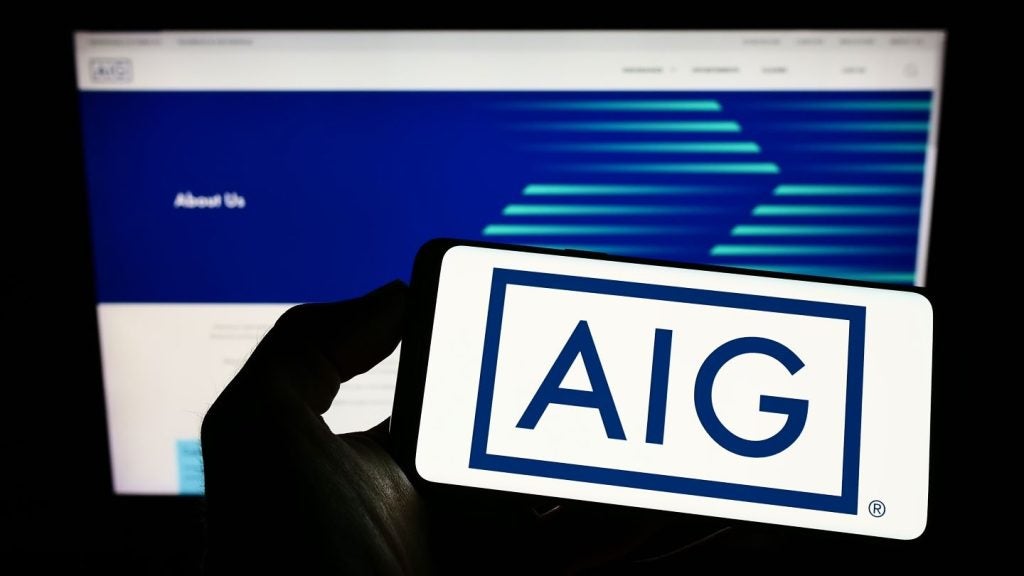RedArc has said it believes employers, employees, insurers and the wider mental health community are increasingly seeking technological solutions that allow more people to manage their own mental wellbeing.
Technological solutions used to aid mental health includes, phone apps, online tools and resources. Some of these solutions often enable self-management of some of the less serious mental health conditions and some even provide a clinical mental health assessment or score.
Christine Husbands, managing director at RedArc, said: “Notification of a poor mental health score via a mental health technology platform without appropriate clinical intervention in place could cause more distress.”
According to RedArc, what is needed is for technology to guide people with more severe or complex needs into strong clinical help from a medical practitioner – but RedArc believes that this support is not always provided.
Husbands continued: “If an individual has had the courage to engage with an online tool that tells them they are in a serious position, then support needs to be delivered appropriately and efficiently. Often those that do seek help, leave it until they have reached crisis point, and so being given a negative mental health assessment only goes to emphasise their concerns. If the right support does not materialise, the individual can be left high and dry and their mental health could deteriorate further.”
Dr Andres Fonseca, co-founder and CEO of Thrive, an app that aids mental health agreed with Husbands and said: “Technology is an amazing facilitator and for many people, the ability to self-manage their mental health via online therapeutic techniques is enough to improve their mood and resilience. However, any organisation that is seeking to provide mental health support to their staff or customers via an app should ensure that safe guards are in place and that a user who really needs bespoke support from a medical expert can access that quickly and efficiently.”

US Tariffs are shifting - will you react or anticipate?
Don’t let policy changes catch you off guard. Stay proactive with real-time data and expert analysis.
By GlobalDataHusbands concluded: “We have to be certain that we aren’t leaving mental health patients in the lurch particularly in cases where the technological solution, provided with good intention, has highlighted that the individual does have a significant problem.”









